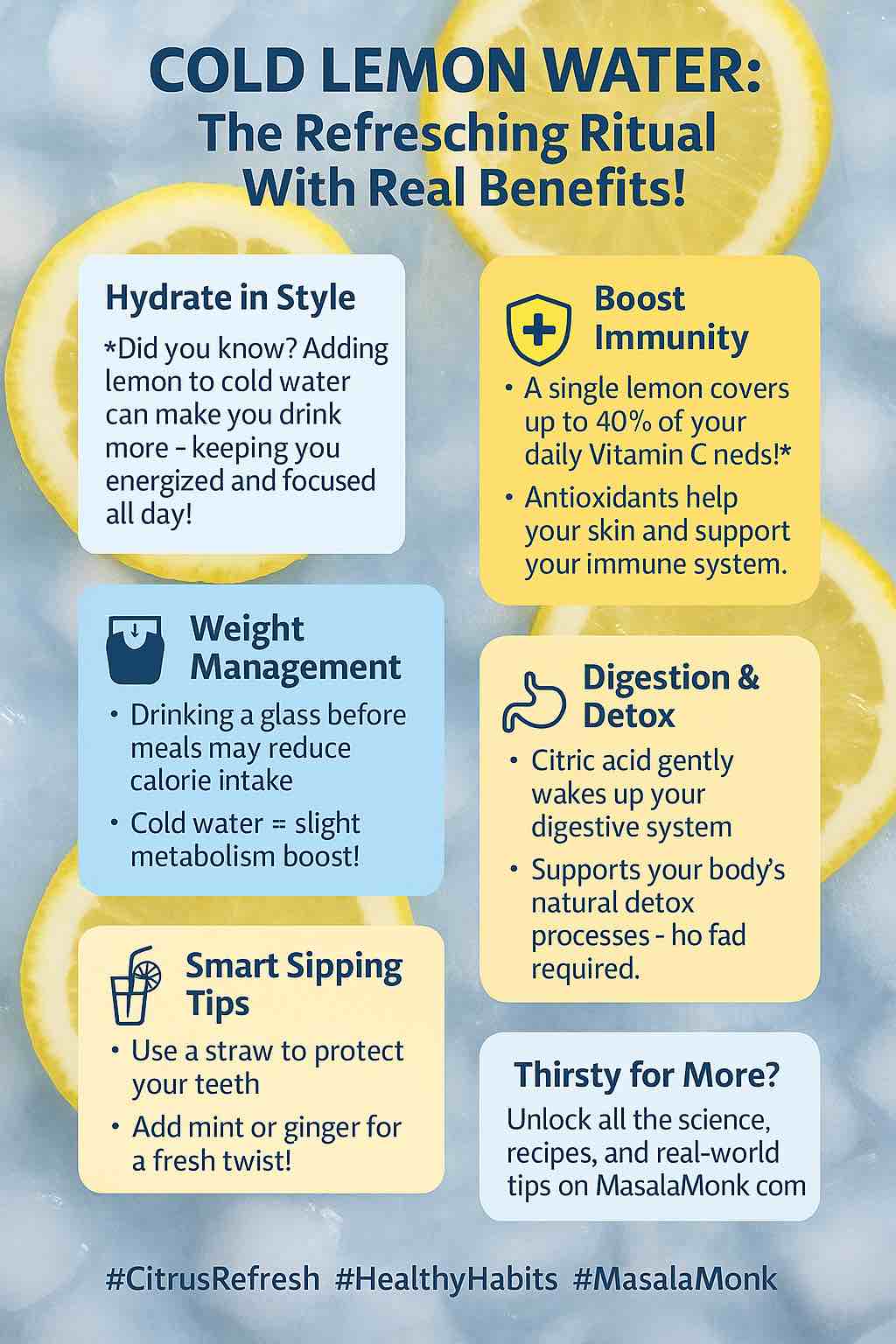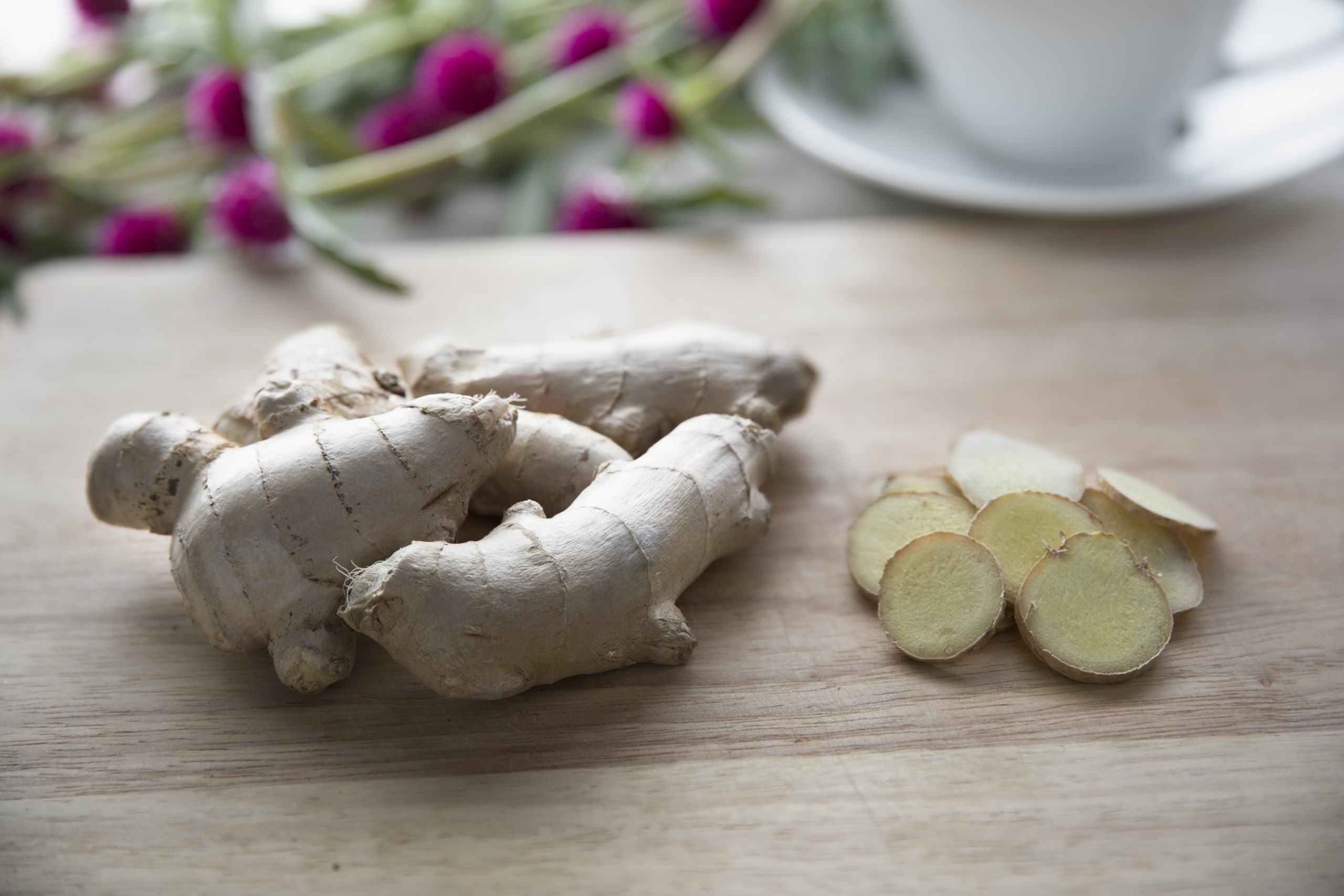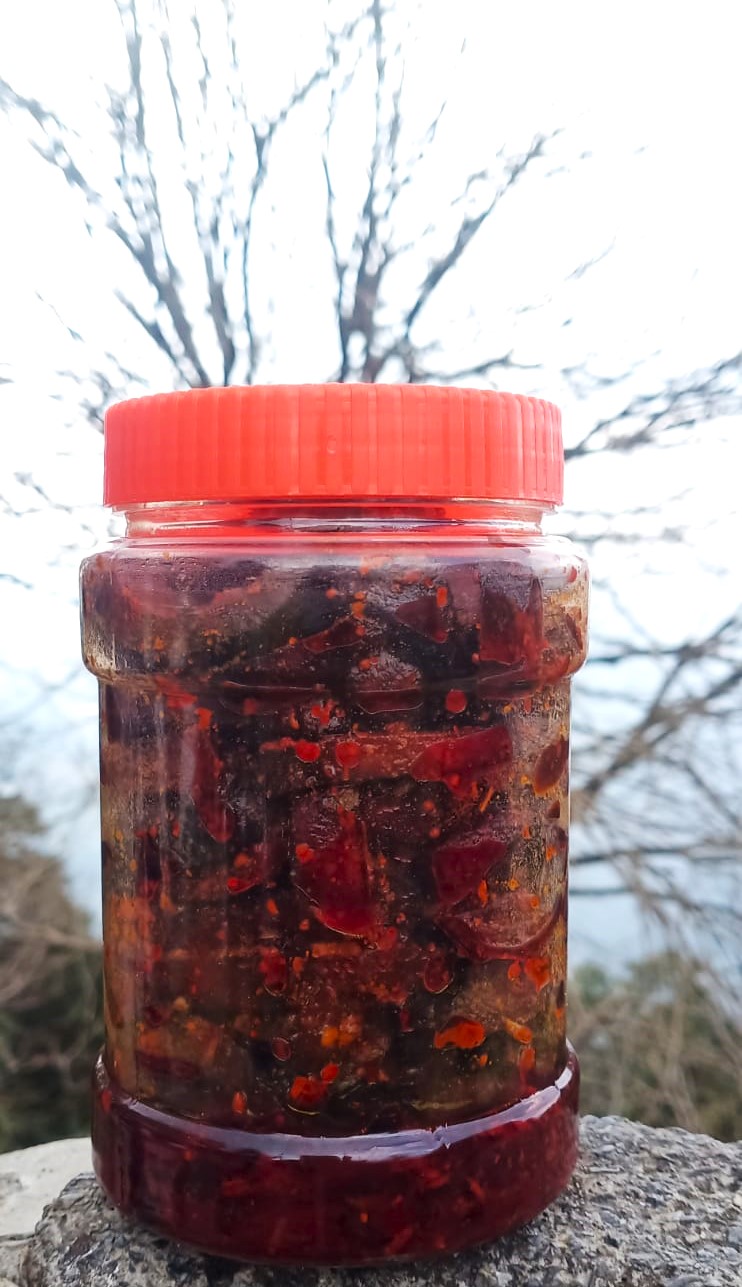
In the world of wellness, few drinks have captured as much attention—and controversy—as cold lemon water. From spa lounges to morning routines on social media, this simple blend of citrus and cold water has earned a spot in glasses everywhere. But beyond its photogenic appeal and zesty flavor, cold lemon water is loaded with practical health benefits supported by recent research. If you’re curious about what’s fact and what’s hype, keep reading: this post explores the latest science, practical insights, and actionable steps to help you make the most of this revitalizing beverage.
The Foundation: Hydration, Made Enjoyable
Water is vital for life, but let’s be honest—plain water can sometimes feel dull, leading many people to under-hydrate or reach for sugary drinks. Adding lemon slices to cold water changes the experience in two important ways:
- Flavor: Lemon brightens up water with tangy citrus notes, making it more enjoyable and encouraging more frequent sips throughout the day.
- Aromatics: The scent of lemon has mood-lifting, energizing effects, making hydration a multisensory ritual.
Recent studies confirm that infusing water with fruit increases overall intake, supporting energy levels, mental clarity, and metabolic efficiency. With each glass, you’re nourishing your body and mind.
Nutrition Boost: The Power of Citrus
Vitamin C and Beyond
Lemons are small nutritional powerhouses. One medium lemon provides around 30–40% of your daily vitamin C requirement—a water-soluble antioxidant that is essential for:
- Immune defense (helping fight infections and supporting recovery)
- Collagen synthesis (promoting healthy skin, hair, and joints)
- Absorption of non-heme iron from plant-based foods
- Neutralizing free radicals and reducing inflammation
In addition, lemons contain flavonoids, potassium, magnesium, and small amounts of vitamin B6—all contributing to metabolic health and cellular protection.
Antioxidant & Polyphenol Effects
While the juice is rich in vitamin C, the peel and zest harbor even more potent antioxidants called polyphenols. Studies in animal models show that lemon polyphenols can help resist weight gain and improve metabolic profiles, especially when diets are high in fat. For most people, simply adding a bit of zest or a small piece of peel to your water is a practical way to amplify these effects.
Metabolic & Weight Management Perks
Thermogenic Effect of Cold Water
Drinking cold water prompts your body to expend energy to warm it to body temperature. This “thermogenic” effect is small—about 5–15 extra calories per glass—but when paired with increased hydration and reduced caloric intake from sugary drinks, the impact can accumulate.
Appetite and Satiety
Multiple studies demonstrate that drinking water before meals, particularly cold water, can promote a sense of fullness and reduce overall calorie intake. When practiced consistently, this simple habit can support healthy weight management and reduce the urge to snack unnecessarily.
Lemon Water and Blood Sugar
A small clinical study found that drinking lemon water before or during meals could modestly improve insulin sensitivity, potentially supporting better blood sugar regulation and less fat storage—though the effect is mild and works best as part of a healthy diet.
Digestive Health: A Gentle Wake-Up
Stimulation of Gastric Juices
Citric acid in lemon stimulates the secretion of gastric acid and digestive enzymes, helping to “wake up” the digestive system. For some, this can translate into improved appetite regulation, reduced bloating, and enhanced absorption of nutrients.
Promoting Gut Motility
Emerging research suggests that citrus-infused water may gently increase peristalsis (the wave-like contractions that move food through the digestive tract), especially when consumed before breakfast. This may be particularly beneficial for people with sluggish digestion or irregularity.
Kidney Stone Prevention: Citrate’s Hidden Benefit
Kidney stones are a common concern, especially for those who don’t drink enough fluids. Lemons are rich in citrate—a natural compound that binds with calcium in urine, reducing the formation of calcium-based stones. Clinical guidelines recommend lemon water as a practical, non-pharmaceutical preventive measure for at-risk individuals.
For maximal benefit, experts suggest using the juice of at least half a lemon per large glass of water, consumed daily.
Cardiovascular Health: Small Gains, Big Picture
Observational research from Japan and other countries suggests that regular lemon consumption, especially when paired with physical activity like daily walking, can be associated with a reduction in systolic blood pressure. The mechanism is thought to involve both citric acid and flavonoid content, which may support vascular function and help regulate sodium balance. While lemon water isn’t a standalone cure for high blood pressure, it’s a safe, health-promoting beverage for most people.
Skin Health & Collagen Support
Hydration is key for supple, elastic skin. The vitamin C in lemon water supports your body’s natural collagen synthesis, promoting a smoother, brighter complexion and aiding in wound healing. While topical treatments work from the outside in, regular consumption of lemon water works from the inside out, supporting skin structure and resilience over time.
Dental and Gastrointestinal Safety: Smart Precautions
Tooth Enamel:
Lemon juice is acidic and can erode dental enamel if sipped all day. The best approach:
- Drink through a straw to minimize contact with teeth.
- Rinse your mouth with plain water afterward.
- Wait 30 minutes before brushing to avoid additional abrasion.
Gastrointestinal Sensitivity:
If you experience acid reflux, heartburn, or sensitive stomach, monitor your body’s response. Some people find lemon water soothing, while others may experience irritation. Start with a lower concentration and observe how you feel.
Practical Guide: How to Enjoy Cold Lemon Water Daily
Step 1: Slice a fresh lemon (organic is best if you plan to use the peel).
Step 2: Add 2–4 slices (or the juice of half a lemon) to a glass or pitcher of cold, filtered water.
Step 3: For added antioxidant benefit, include a strip of zest or a small piece of peel (washed well).
Step 4: Customize! Try adding fresh mint, cucumber, a sliver of ginger, or even berries for extra flavor and health perks.
Step 5: Keep a large pitcher in the fridge so you can refill your glass throughout the day.
Bonus: Bring a reusable bottle of cold lemon water with you to work, the gym, or on errands. Hydration on-the-go is one of the easiest wellness habits to maintain.
The Bottom Line
Cold lemon water is more than a fleeting wellness trend. When incorporated into your daily routine, it can:
- Improve hydration and make water more enjoyable
- Deliver essential micronutrients and antioxidants
- Modestly support metabolism and appetite control
- Aid digestion and kidney stone prevention
- Offer gentle support for cardiovascular and skin health
It’s not a magic cure, but it’s a practical, enjoyable, and evidence-informed ritual with real-world benefits—especially when it replaces sugar-laden or artificially flavored drinks.
Raise your glass and enjoy the crisp, revitalizing taste of cold lemon water. Sometimes, the simplest habits truly are the most powerful.
FAQs: Cold Lemon Water
1. Is it better to drink lemon water cold or warm?
Both have benefits! Cold lemon water is refreshing and may slightly increase calorie burning, while warm lemon water can feel gentler on digestion. Choose based on your preference or the season.
2. How much lemon should I add to my water for health benefits?
The juice of half a lemon per large glass (about 8–16 oz) is a good standard. For added antioxidants, include a strip of lemon zest or a slice of the peel (washed well).
3. Does lemon water detoxify your body?
No beverage can “detox” your body directly. Lemon water supports your body’s natural detox pathways by keeping you hydrated, which helps your liver and kidneys function efficiently.
4. Can lemon water help me lose weight?
Lemon water can help with weight management when it replaces high-calorie drinks and is consumed before meals to promote fullness. However, it is not a miracle weight-loss solution on its own.
5. Is lemon water safe for teeth?
Lemon water is acidic and can erode tooth enamel over time. To protect your teeth, drink through a straw, rinse your mouth with plain water after, and wait 30 minutes before brushing your teeth.
6. How often can I drink lemon water?
Most people can enjoy lemon water daily. If you experience dental sensitivity or stomach discomfort, reduce the amount or frequency.
7. Can I use bottled lemon juice instead of fresh lemons?
Fresh lemons are best for vitamin C and antioxidants. Bottled lemon juice may contain preservatives and less vitamin C, but it’s a practical alternative when fresh isn’t available.
8. Will lemon water irritate acid reflux or gastritis?
Lemon water can aggravate acid reflux or sensitive stomachs in some individuals. Start with a small amount and observe your body’s response.
9. Does lemon water provide enough vitamin C for daily needs?
One lemon provides 30–40% of your daily vitamin C requirement. Lemon water can help meet your needs when part of a balanced diet with fruits and vegetables.
10. Can I add other ingredients to my lemon water?
Absolutely! Fresh mint, cucumber, ginger, berries, or even a dash of turmeric pair well and add variety, flavor, and extra health benefits.













